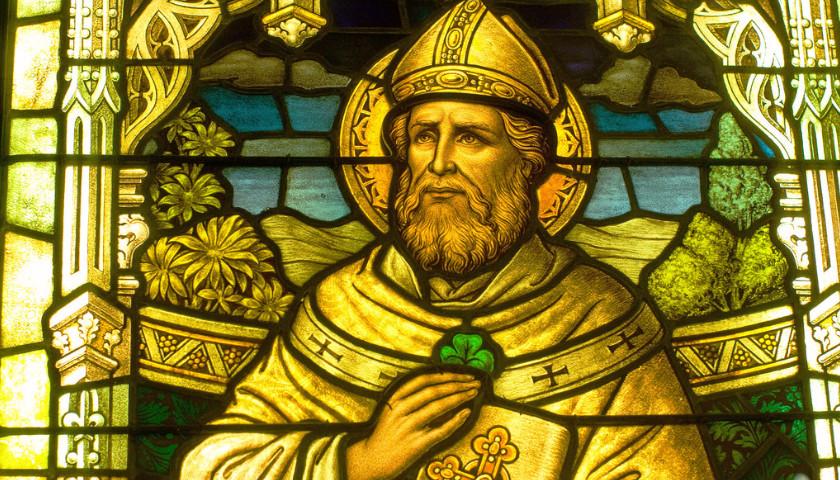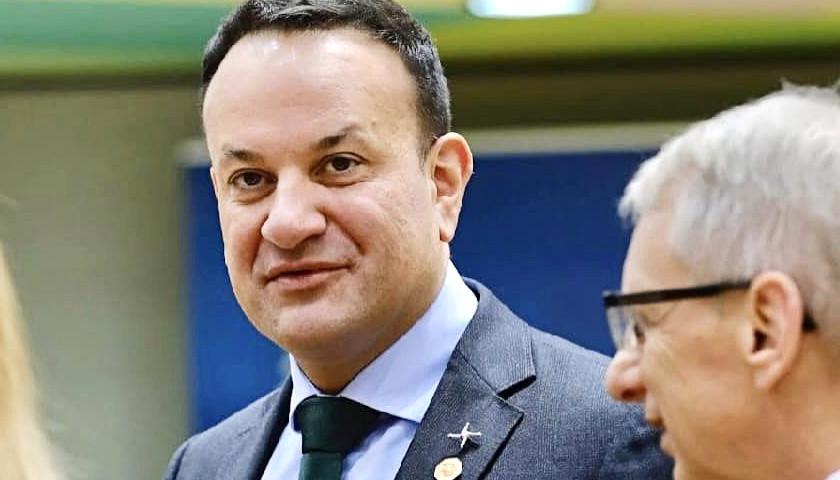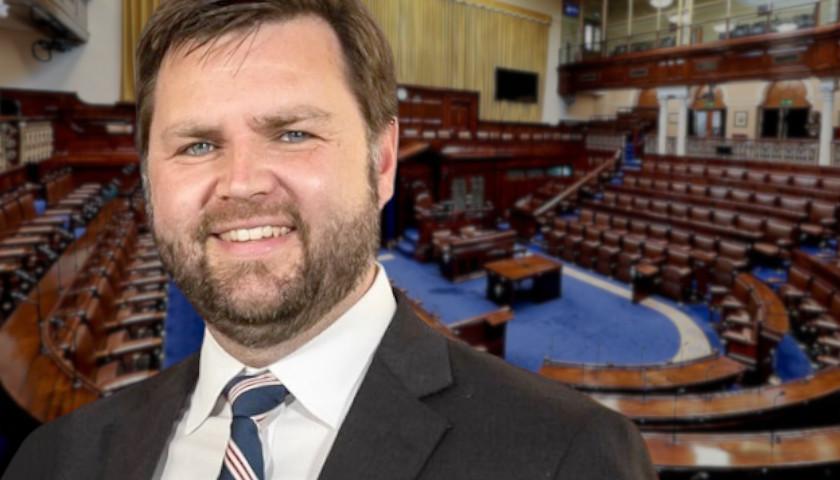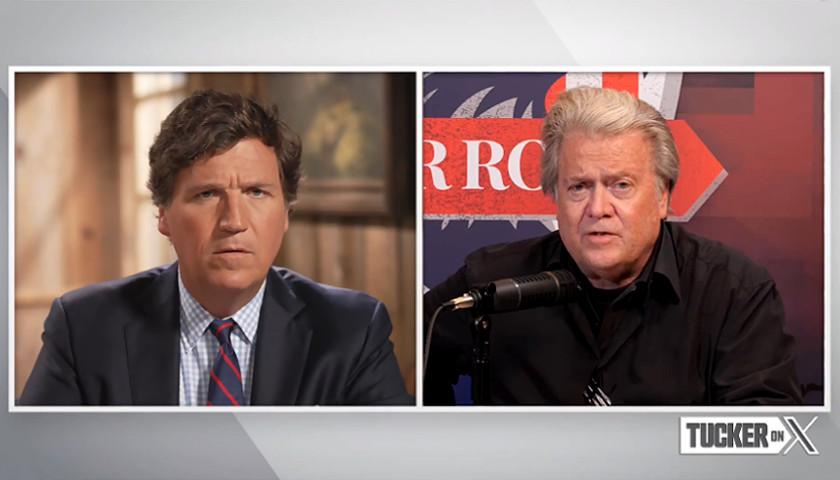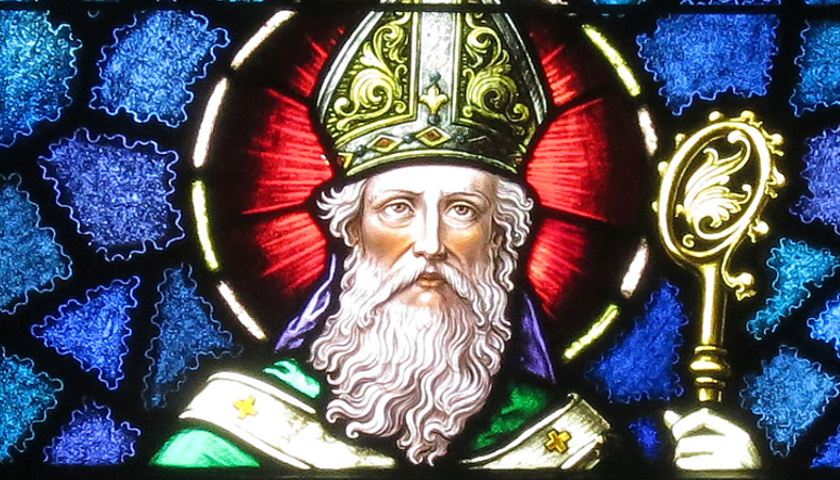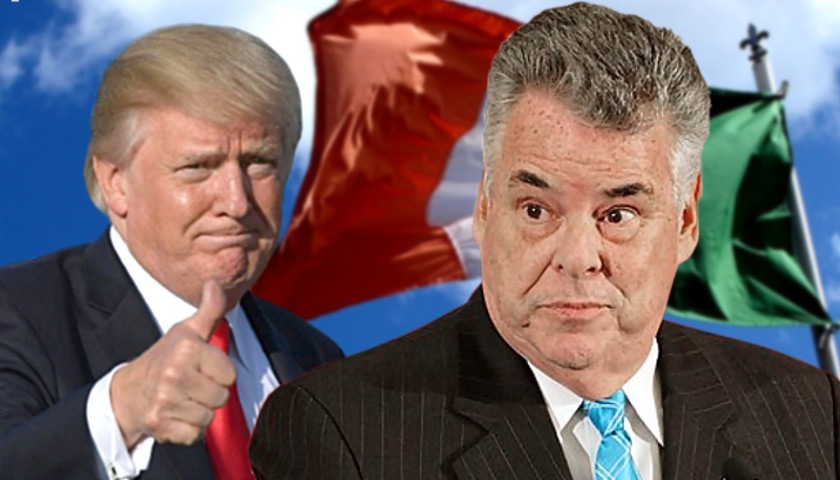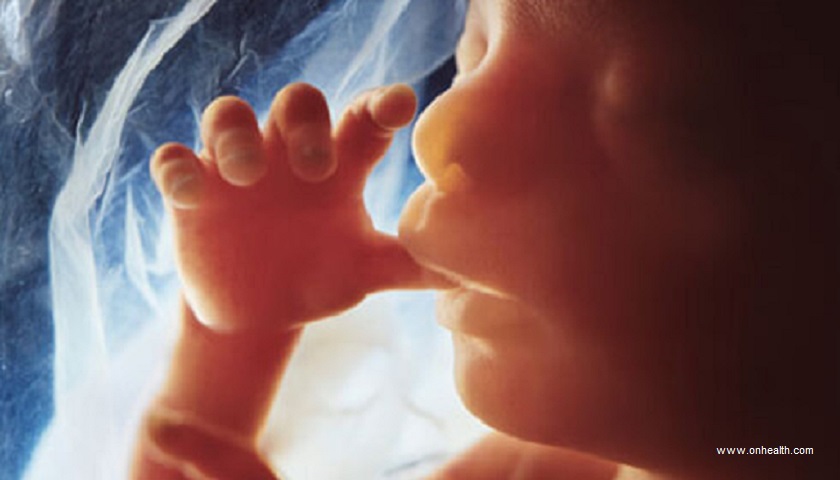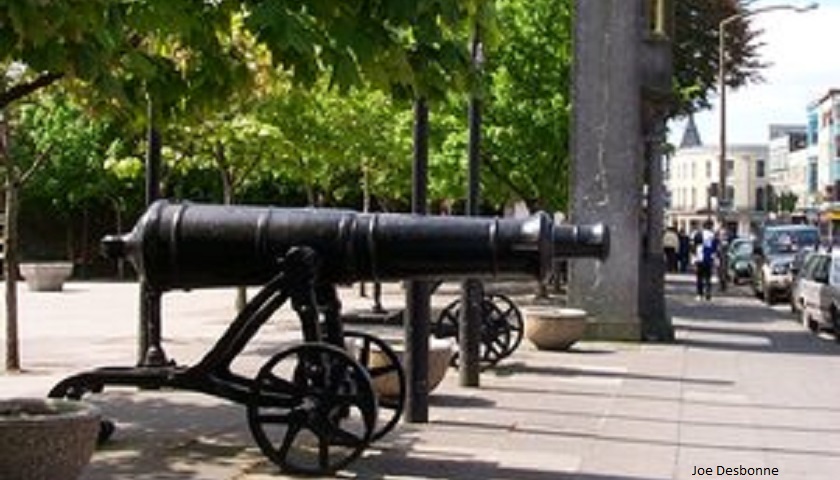On March 17, people around the world will celebrate St. Patrick’s Day by parading in green hats, sporting images of shamrocks and leprechauns – tiny, grinning, fairy men – pinned to their lapels. Patrick’s picture will adorn greeting cards: an aged, bearded bishop in flowing robes, grasping a bishop’s staff and glaring at a coil of snakes.
The icon refers to one of Patrick’s legendary miracles in which he is said to have prayed to banish all snakes from Ireland. However, as a historian of medieval Ireland, I can assure you that the real St. Patrick, who lived and worked in the fifth century, never saw a snake or wore a shamrock.
Read the full story
